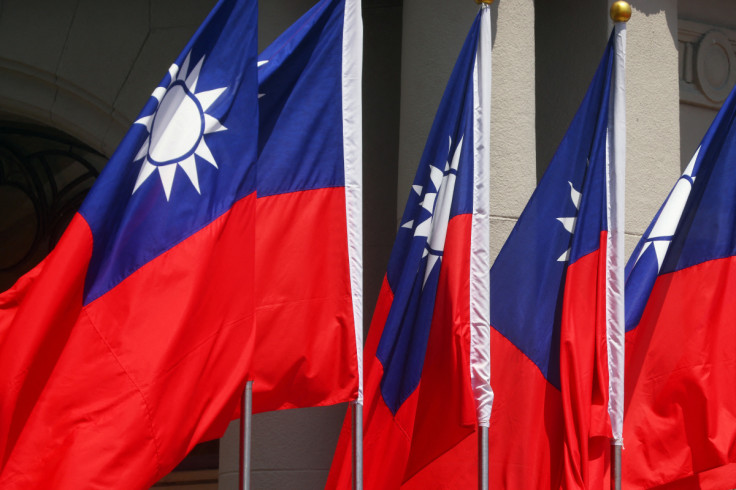Taiwan To Push for UN Participation Again Amid Tensions With China
KEY POINTS
- Taiwan left the UN in 1971 when the People's Republic of China took its place
- China has been adamantly preventing Taiwan's international recognition
- Taipei says it wants to jointly work with world nations in facing global challenges
Taiwan will again ask its diplomatic allies and other friendly nations to voice support for its inclusion in the United Nations (UN) system. The development has come days ahead of the 77th session of the UN General Assembly.
Taiwan has asked like-minded nations to speak up on its behalf during the upcoming assembly and to send a letter to UN Secretary-General António Guterres during the session, the country's Ministry of Foreign Affairs (MOFA) said Tuesday.
The 77th session of the UN General Assembly is scheduled to take place from Sept. 13 to 27 at its New York headquarters.
Despite Washington's support for Taipei's demand, China, which claims the island nation to be a part of its territory, has adamantly prevented Taiwan's international recognition and its membership in the UN system.
Taiwan officially called the Republic of China, left the UN in 1971 when the People's Republic of China took its place. China has maintained that the UN, as an international governmental organization, is composed of sovereign states and Taiwan is a renegade province that will ultimately be reunified with the mainland, by force if necessary.
Beijing has vehemently opposed the international community's attempts to recognize Taiwan as an independent country, claiming the sole right to represent the nation internationally.
Announcing Taiwan's campaign for UN participation, MOFA Secretary-General Lily Hsu raised Taipei's appeal to demand the international organization resolve the exclusion of the country's 23 million people from the UN system so that "no one will be left behind."
As part of Taipei's campaign for inclusion in the UN system, Taiwan's Minister of Foreign Affairs Joseph Wu, in an op-ed titled, "Working as one for the global good," called on the international community to condemn Chinese military coercion aimed at destabilizing regional peace and security.
"As a defender of democracy, Taiwan is working to safeguard the status quo and support the rules-based international order. While China is using coercion to export its brand of authoritarianism abroad, Taiwan lets its free and open society lead by example," Wu opined.
Tensions between Taiwan and mainland China escalated after House Speaker Nancy Pelosi's visit to Taipei in August. China responded by ordering several days of military drills around the island democracy.
The complexities of Taiwan's relations with international agencies like the World Health Organization (WHO) came to the fore during the COVID-19 outbreak.
Even though Taiwan was among the few places that were able to stem the spread of the virus without adopting draconian measures, its efforts were not recognized by the WHO under pressure from China. This led to a global outcry, with the world health body being accused of bias.

© Copyright IBTimes 2024. All rights reserved.






















